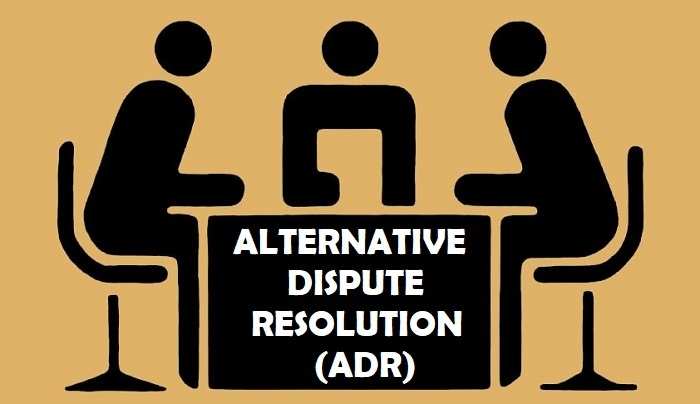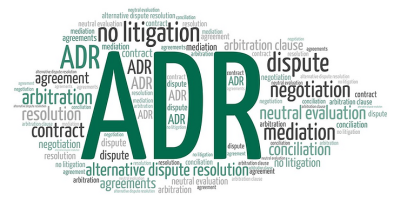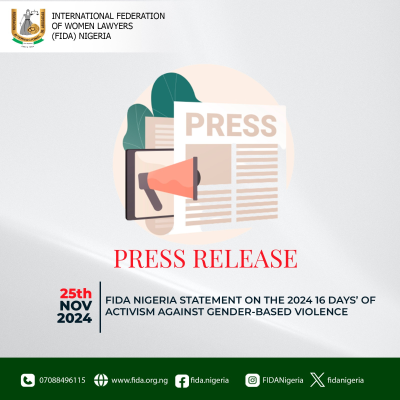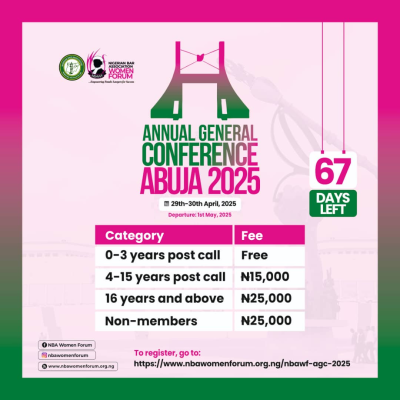Court backlogs are a persistent challenge for legal systems worldwide, with the U.S. and Nigeria being prime examples of jurisdictions where cases can take years to resolve. These delays undermine access to justice and strain economic growth by making dispute resolution slower and more costly for individuals and businesses.
In the United States, the judicial system is grappling with a substantial backlog of cases across both federal and state courts. According to the Administrative Office of the U.S. Courts, as of March 2023, the U.S. Federal District Courts had 371,571 pending civil cases, including 19,679 cases that had been pending for more than three years.
Additionally, there were approximately 48,190 pending civil cases in the U.S. Courts of Appeals, which reflects a growing caseload and backlog. The situation is particularly dire in immigration courts, where the backlog has skyrocketed to over 1.6 million pending cases, resulting in average wait times exceeding four years. These delays are not limited to the federal level. State courts are similarly overwhelmed, particularly in civil and small claims matters.

The National Center for State Courts reports that millions of cases are delayed for months or even years, imposing significant costs on businesses and individuals. These figures highlight the increasing pressure on the judiciary and the need for a more efficient dispute resolution mechanism.
In Nigeria, the situation is even more dire. As of 2023, the Nigerian judiciary is estimated to have approximately 200,000 unresolved cases. Civil matters, particularly land disputes, often take 10 to 20 years to resolve, and even basic commercial disputes can take five years or more to wind through the court system. The inefficiency and lengthy duration of litigation discourage businesses, foreign investors, and citizens from relying on the courts to resolve disputes, further stalling economic development.
These figures highlight the increasing pressure on the judiciary and the urgent need for a more efficient dispute resolution mechanism. No doubt, ODR offers a powerful, scalable solution to these issues. By leveraging technology such as video conferencing, digital case management systems, and AI-assisted negotiation tools, ODR allows disputes to be resolved more quickly, efficiently, and affordably. While traditionally used in e-commerce disputes, ODR is now being applied in a wide range of civil and commercial matters in jurisdictions around the world.
In the U.S., for example, several states have already integrated ODR into their judicial systems. Utah, Michigan, and Ohio have successfully piloted ODR programmes, particularly in small claims and family court matters. Utah’s platform, launched in 2018, has resolved over 12,000 disputes, with a significant reduction in court appearances and processing times. In Michigan, ODR has helped resolve landlord-tenant disputes with a 75 per cent success rate, reducing case resolution times and easing the burden on the courts.
The Nigerian legal system, though slower to adopt ODR, has seen emerging platforms like SettlementHub and Mediate.ng offer alternatives to traditional litigation. These platforms have shown early success in areas like landlord-tenant disputes and small business conflicts.
Experts estimate that if Nigeria moved even 25 per cent of its current backlog to ODR platforms, the average time to resolve those cases could decrease from five to ten years to less than a year. Albeit, the national-level adoption of ODR in Nigeria is still in its infancy and much more needs to be done to integrate digital dispute resolution into the country’s broader judicial framework.
The economic benefits of ODR cannot be overstated. In the U.S., resolving disputes more quickly and efficiently can save litigants and the courts billions of dollars annually. The American Bar Association estimates that the use of ODR can reduce litigation costs by as much as 60-80 per cent, particularly for small and medium-sized enterprises (SMEs) that are disproportionately affected by lengthy legal processes.
In a time where many businesses are looking to cut costs and improve efficiency, ODR offers a viable means of resolving disputes without the financial and temporal burdens of traditional litigation.
In Nigeria, ODR could have an even more transformative impact on the economy. According to the World Bank’s Doing Business Report, Nigeria ranks 186th out of 190 countries for enforcing contracts, largely due to the inefficiency and delays in the court system. Protracted legal battles create significant uncertainty for businesses and deter foreign investment.
By adopting ODR on a larger scale, Nigeria could create a more predictable and investor-friendly environment, boosting foreign direct investment (FDI) and driving economic growth. The ability to resolve disputes within months rather than years would also improve the ease of doing business, enhancing Nigeria’s competitiveness in the global market.
Additionally, ODR enhances access to justice, particularly for individuals and businesses located in rural areas or regions without easy access to courts. In Nigeria, where many people avoid litigation due to the high costs and long delays, ODR could offer a more accessible alternative.
By enabling disputes to be resolved remotely, without the need for costly and time-consuming travel, ODR could dramatically increase the number of disputes resolved, bringing justice to more citizens. In the U.S., ODR also has the potential to address the gap in access to legal services.
According to the Legal Services Corporation, approximately 86 per cent of low-income Americans receive inadequate or no legal help for their civil legal problems. ODR platforms, with their user-friendly interfaces and streamlined processes, could help bridge this gap, offering a more affordable option for those who need legal assistance but cannot afford traditional litigation.
In the final analysis, in both the U.S. and Nigeria, ODR is more than just a tool for reducing court backlogs; it is a strategic solution for modernising the justice system, enhancing access to justice, and supporting economic growth. By resolving disputes more quickly and efficiently, ODR reduces the burden on courts, saves litigants time and money, and creates a more stable and predictable legal environment for businesses.
The adoption of ODR is not only a pragmatic response to the challenges facing both countries’ judicial systems but also a critical step toward creating more accessible and efficient legal processes. As technology continues to transform industries, the legal system must keep pace—and ODR offers a clear path forward.
Nurudeen is a New York-based ODR Expert and an alumnus of Ohio State University, Moritz
College of Law.










